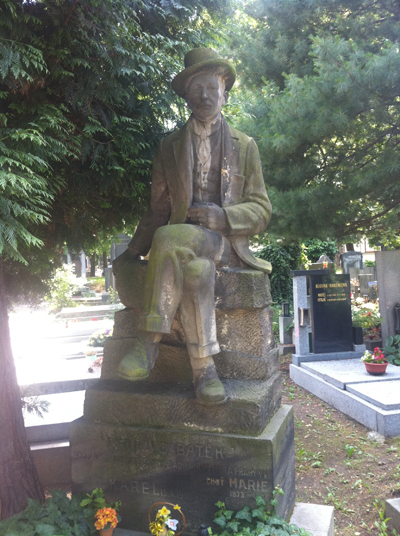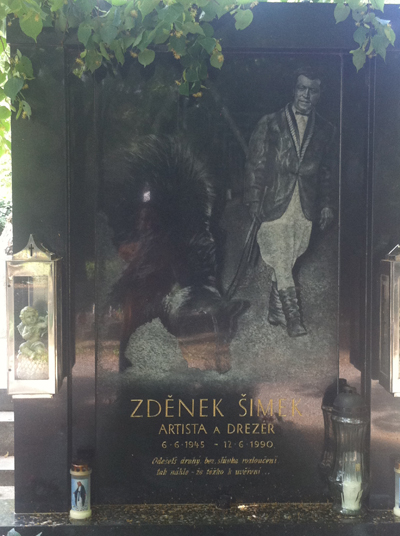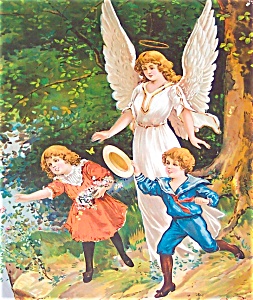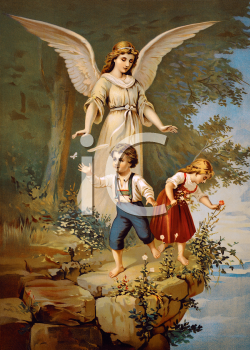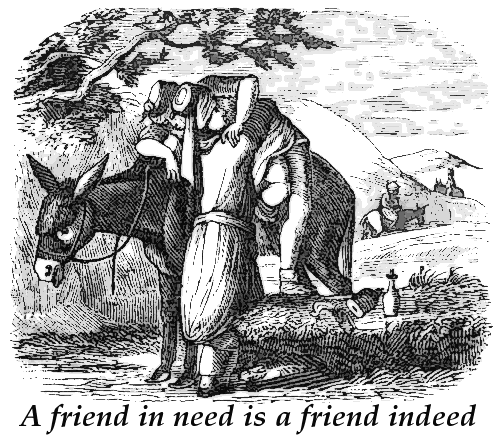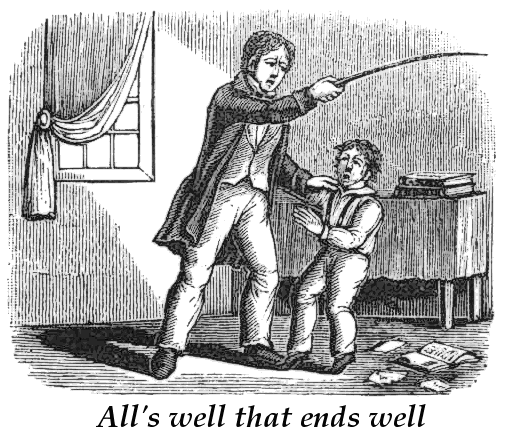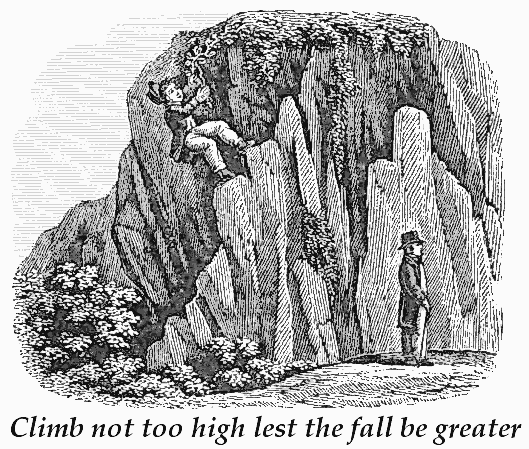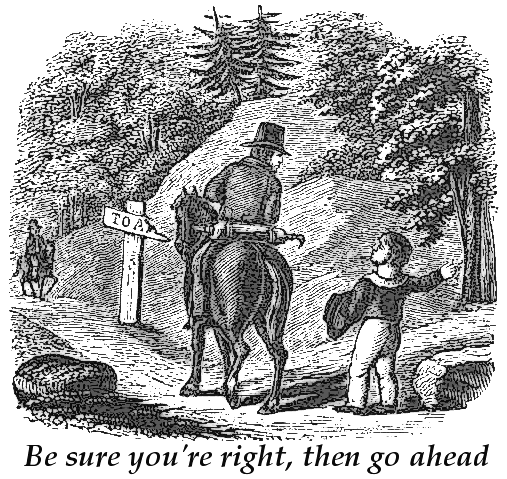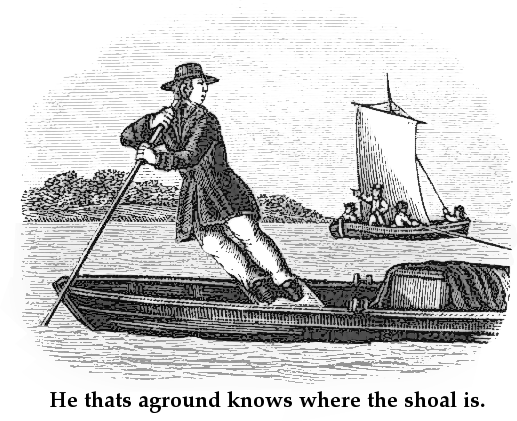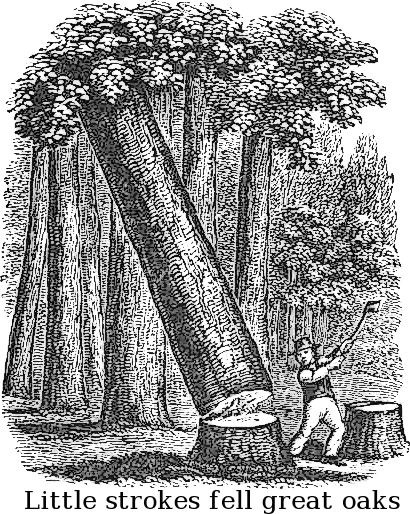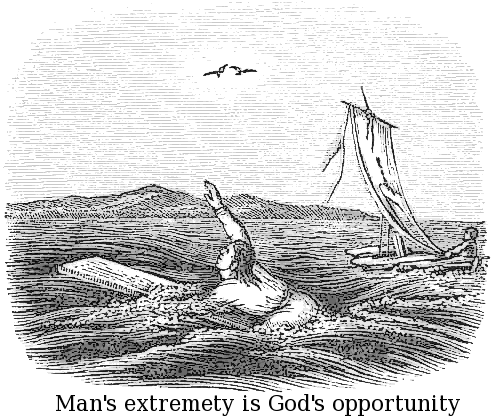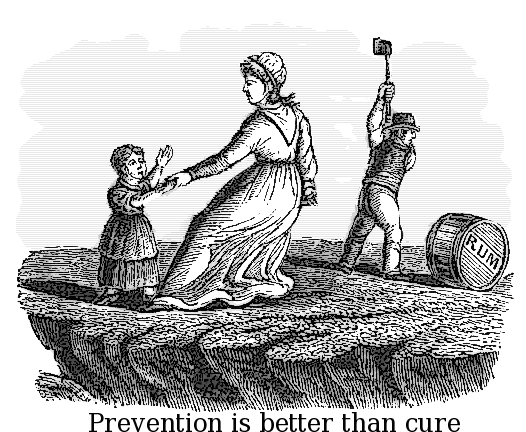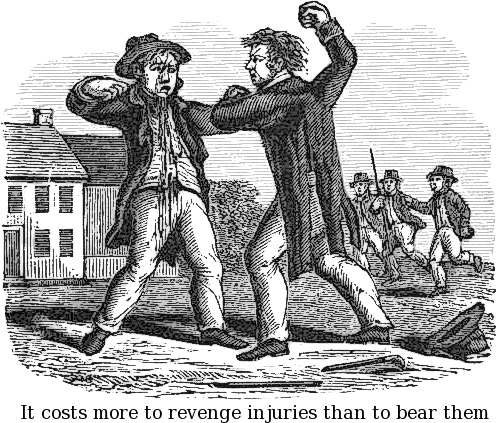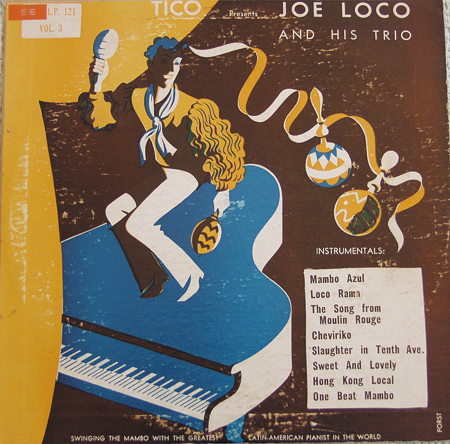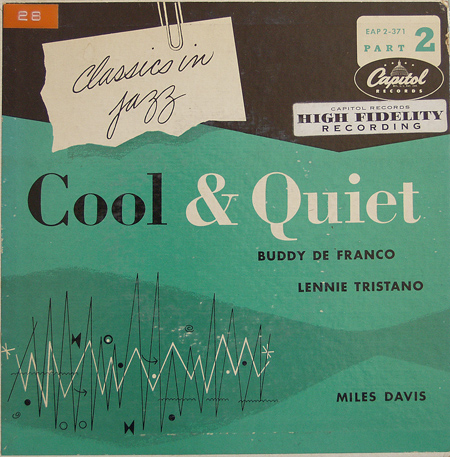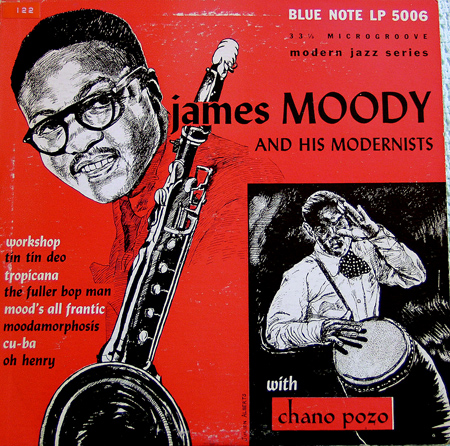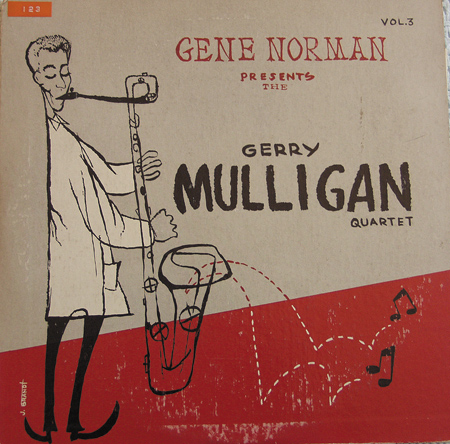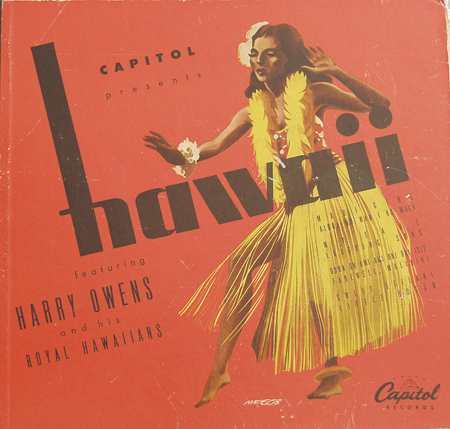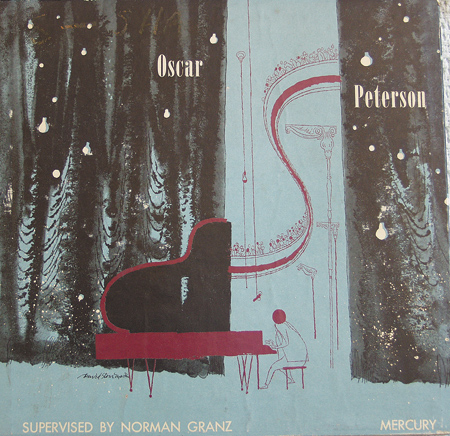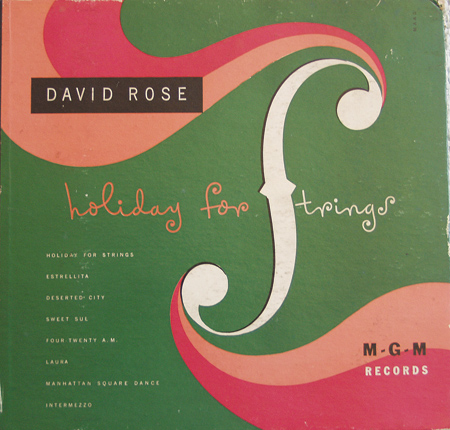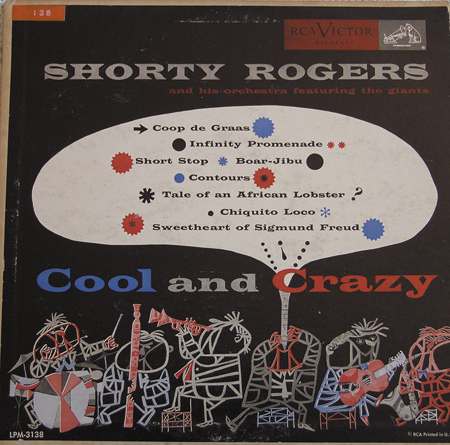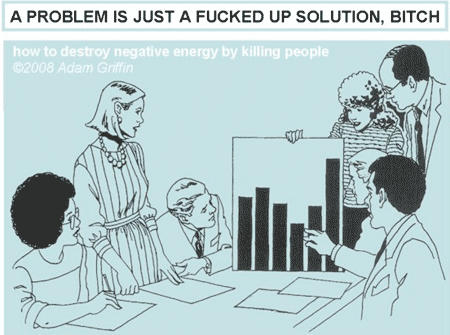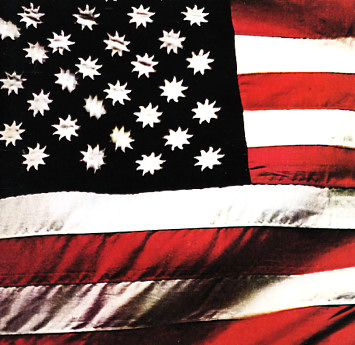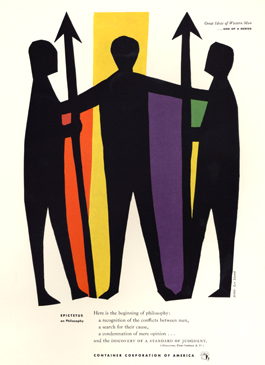Halfway through my San Francisco trip, I had the pleasure of meeting up with Johnny O of Burrito Justice and TK of 40goingon28 for a few drinks, where we formed a dorky Three Blogeteers-type roundtable of sorts. Also, KevMo from Uptown Almanac made a cameo appearance in the beginning of the evening. It was a lot of fun— Johnny I’d met before, but TK and Kevin were fresh acquaintances, and all are great guys to have a beer with.
The anatomy of a blind ‘blog date’ is a strange one. OH MY GOD, DOES MY HAIR LOOK GOOD? First, there’s the weird phenomenon of matching an unfamiliar face to a hyper-familiar writing voice, and the unsettling suspicion that the person in front of you could in fact be an obsessed stalker who’s read all of another person’s blog and is pretending to be the blogger and you wouldn’t really be able to tell the difference. Then— more pressingly— there’s the weird disjoint of having a conversation with somebody who knows all of this anecdotal nonsense that you blog about your life (‘Oh, so, you’re familiar with my attempt to match up European countries to U.S. states?’) but is unfamiliar with some of the most basic aspects of your autobiography (where you grew up, how old your child is, etc). The closest thing I can compare it to is during the days when I was taking drawing classes and would sometimes bump into the models from the class on the street— there would be an awkward sense of ‘Here we are, having a conversation, and yet I know what you look like naked and you don’t know what I look like naked.’ In the case of the blind blog date, it’s a two way street— each person has glimpsed into the other’s boudoir— but there’s the same essential feeling that the normal order of steps by which you get to know a person has somehow been flipped around. Now, it’s not like this was actually penetratingly weird— it was basically just a beery good time during a trip filled with such— but the underlying social dynamic at work is peculiar enough that I feel obligated to try to describe it a bit.
I should add that our host for the evening was the ever-enjoyable Homestead Bar. In retrospect, this was a much better choice of location than the first time I met up with Johnny O in April of 2010. In that instance, I suggested that he meet me at Hard French, the outdoor El Rio party, since I was planning on going there anyway— this resulted in the near-slapstick scenario of two straight blog guys who don’t know what the other looks like trying to pick each other out of a huge crowd of cruising gay men. Will I ever win?


